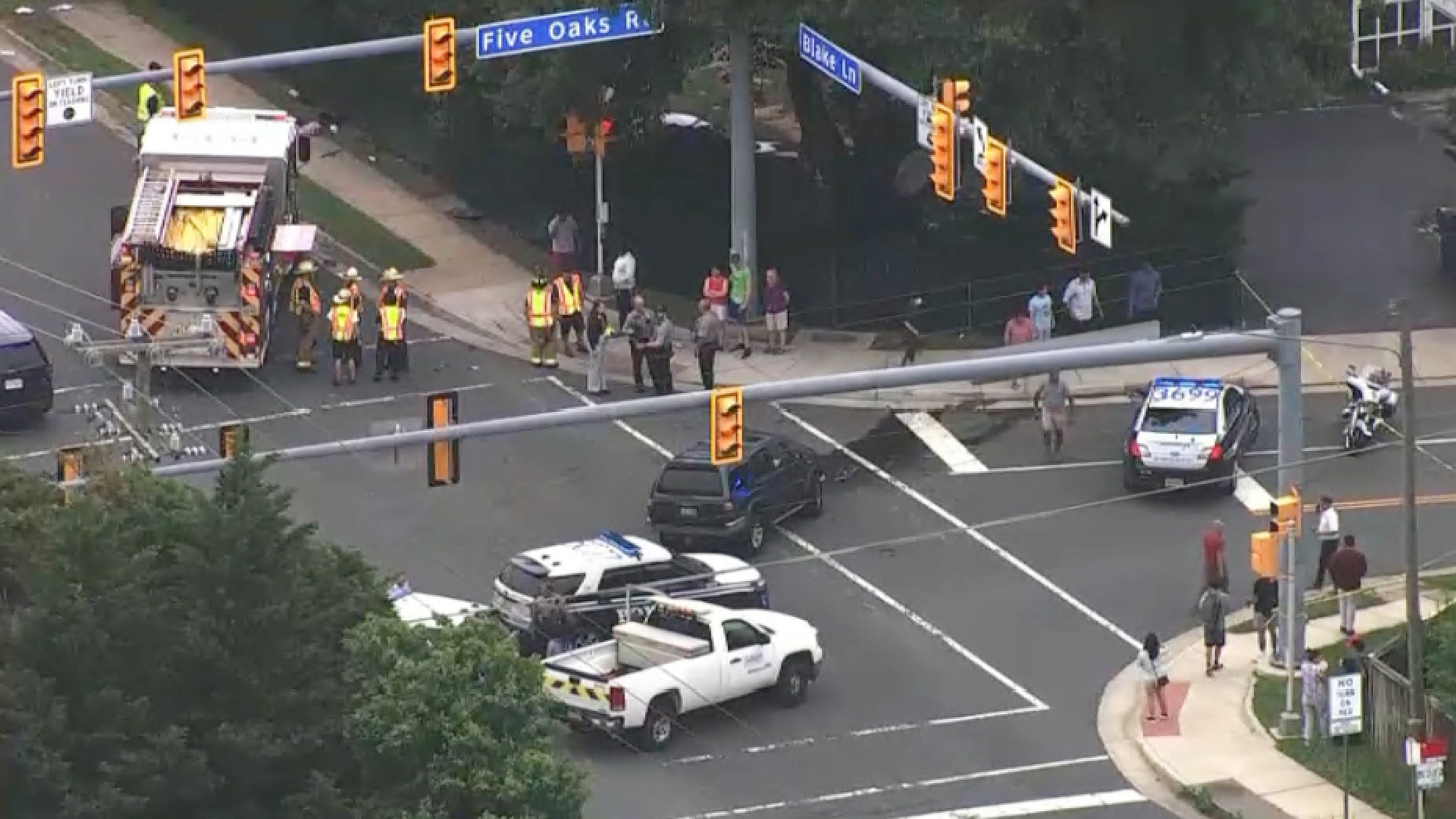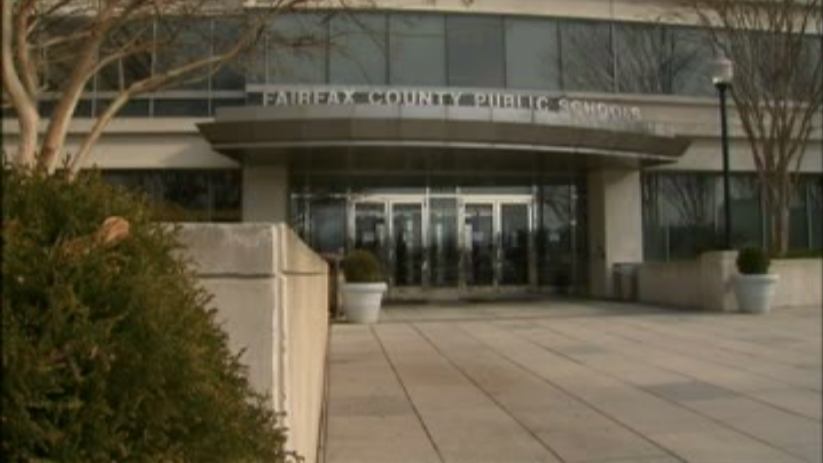Former Mayor Tony Williams is weighing in on one of the biggest business battles in the District.
Williams and the influential Federal City Council – made up of some of the region’s biggest business leaders – are urging Mayor Vincent Gray to veto what’s commonly known as the “Walmart” bill. It would require big box stores to pay at least $12 an hour (counting benefits), significantly higher than the city’s minimum wage.
Sources have told News4 Gray will veto the bill, but Gray has not publicly said what he’ll do.
In a letter released Friday, the Federal City Council said Walmart’s plan for six stores mostly will be in economically struggling areas where “jobs are scarce and access to affordable and fresh groceries is nearly nonexistent.” Walmart has said it would seek to abandon all six if the measure becomes law.
Supporters of the Walmart bill are pushing the mayor in the opposite direction – hoping he will sign it. Labor unions and some community groups are seeking time with the mayor to push their views that Walmart and other large stores can pay more.
And they don’t think much of the Federal City Council.
“Surprise, surprise,” the Rev. Grayland Hagler told News4. “Typical of the Federal City Council. They are overseers of the Plantation."
Local
Washington, D.C., Maryland and Virginia local news, events and information
The Federal City Council has been an influential business group since the 1950s. Former Mayor Williams recently assumed day-to-day management of the organization as its chief executive officer.
Former northern Virginia Congressman Tom Davis, the current president of the group, told News4 Friday that city politicians are misjudging Walmart.
“I think what the politicians in the city failed to recognize is that Walmart doesn't have to be in Washington, D.C.,” Davis said. “They're the largest corporation in the world without having been to D.C.”
Davis, who helped structure the 1996 federal control board that oversaw the city when it was near bankruptcy, said the District has made dramatic gains and is growing. But he said it’s a mistake to assume Walmart – or any other big box store – has to be inside the city.
“If D.C. says ‘no,’ [the stores] can just go somewhere else. They can just go right across the line into Maryland and Virginia,” Davis said. “And, by the way, the D.C. customers will go across the line to buy the goods there.”
Council Chairman Phil Mendelson is the chief sponsor of the Walmart bill that only affects stores larger than 75,000 square feet in the city and have corporate-wide sales of $1 billion per year. The bill exempts other large firms, like grocery stores, that have union contracts. That’s prompted some critics to say the bill targets Walmart because it’s non-union.
The council passed the Walmart bill on an 8-to-5 vote before going on summer recess, but Mendelson purposely is delaying sending the bill to the mayor because Mendelson would need nine votes to override the expected veto by the mayor, and he doesn’t have nine. None of the five members who voted against the Walmart bill have indicated they would change their vote to override the veto. By delaying sending the bill to the mayor, Mendelson is giving himself more time to persuade council members to switch their votes. He only needs one.



